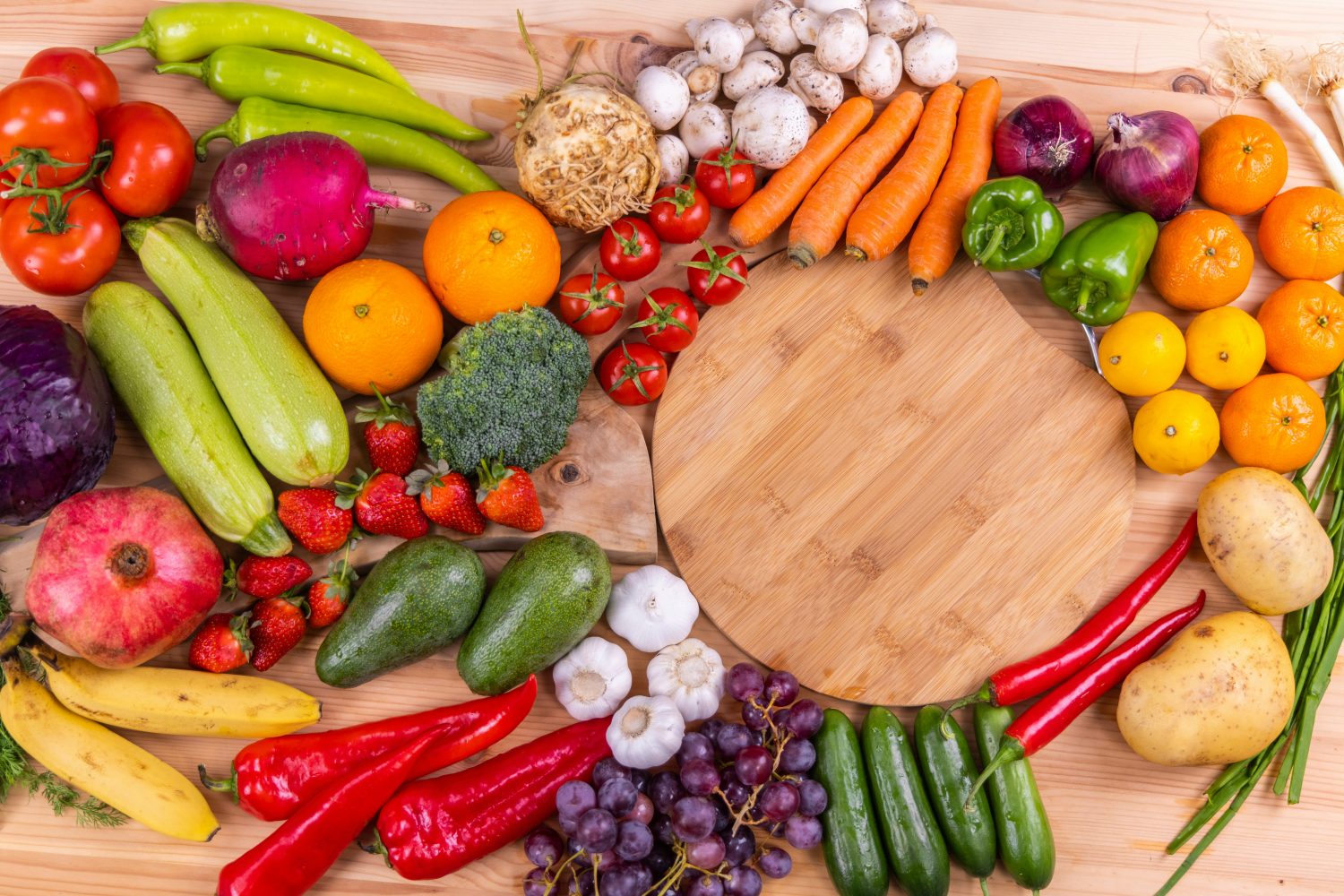Vital substances
In medicine, vital substances are called micronutrients or trace elements. They are a series of chemical elements that are indispensable for human, animal and plant nutrition and for the metabolism, although they do not directly supply energy. Energy suppliers are the so-called macronutrients carbohydrates, fats and proteins. Micronutrients include vitamins, omega fatty acids, amino acids and minerals such as bulk elements and trace elements. Trace elements such as iron, zinc, iodine, fluorine, selenium, copper, manganese, magnesium, cobalt, boron, chlorine and molybdenum are only needed in very small quantities. Nevertheless, a deficiency of iron, zinc or iodine in particular can be clearly reflected in the organism and in physical and mental performance. Trace elements are often components of vitamins, enzymes and hormones. Their lack, for example due to malnutrition, an unbalanced diet or absorption disorders caused by stress, environmental toxins or physical dysfunctions, can cause deficiency diseases.

The important role of micronutrients in metabolism
Micronutrients play an important role for the basic functions of the body, for the metabolism in the cells and thus for cell growth. Associated with this is the renewal of the skin, muscles, bones, blood cells as well as nerve cells and nerve impulse conduction. Micronutrients are also involved in the formation of messenger substances and secretions. There are micronutrients that contribute to biochemical reactions or are components of hormones, such as iodine as a component of the thyroid hormone. Micronutrients can also influence the electrolyte balance or act as antioxidants and thus slow down the ageing process of the organism. In our society, most micronutrients can be easily absorbed through a healthy and balanced diet. Nevertheless, food supplements can be very useful or even necessary in some cases. An iron deficiency, for example, should be specifically counteracted. Taking folic acid during pregnancy or vitamin D in the dark season also has a positive effect in many respects.
The term vital substances according to Hans Adalbert Schweigart
The term vital substances goes back to the chemist and nutritionist Hans Adalbert Schweigart, who coined it in 1935 as a collective term for a number of chemically disparate substances. According to Schweigart, vital substances, together with oxygen, water and carbonic acid, act as biocatalysts and vital components in the cells and tissue of plants. Schweigart, who holds a doctorate in chemistry, counted vitamins, enzymes and co-enzymes, hormones, essential fatty acids and amino acids, trace elements, major elements as well as natural scents and flavours among the vital substances. Schweigart, who was born in Bavaria and later worked at the Robert Koch Institute, founded the International Society for Food and Vital Substance Research, IVG for short, in 1954. The term vital substances was sometimes criticised for being too imprecise.